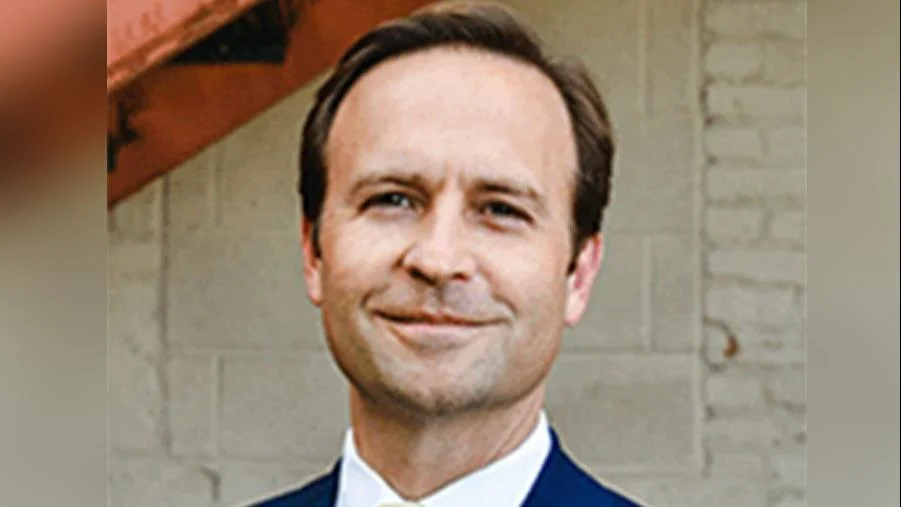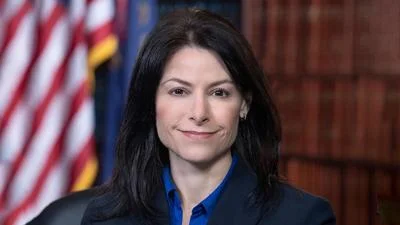Brian Calley President and Chief Executive Officer at Small Business Association of Michigan | Official website
Brian Calley President and Chief Executive Officer at Small Business Association of Michigan | Official website
Religious accommodations have become a significant topic for human resources departments following the U.S. Supreme Court's decision in Groff v. DeJoy, which raised the standard for what employers must do to accommodate religious beliefs in the workplace. Since then, HR professionals have been seeking ways to meet these requirements without disrupting business operations.
A key aspect of handling accommodation requests is verifying that the employee holds a sincerely held religious belief. The case EEOC v. Consol Energy, Inc., involved an employee who objected to using a biometric hand scanner for clocking in and out, believing it conflicted with his Christian faith regarding the "mark of the beast." The employer refused to consider alternatives such as manual time entry and ultimately lost the case after failing to provide reasonable accommodation.
Vaccine mandates during the COVID-19 pandemic presented additional challenges. Some employees claimed that receiving a vaccine violated their religious beliefs and were subsequently terminated. Initially, courts tended to side with employers, but recent decisions have shifted toward supporting employees' claims if they are rooted in genuine religious practices. In Gardner-Alfred v. Federal Reserve Bank of New York, one plaintiff’s complaint was dismissed due to a lack of specific ties to religious practices, allowing employers some room to inquire about how certain activities relate to an employee's faith. However, pushing too hard can lead to complaints of retaliation or harassment based on religion.
The same court also clarified that inconsistent practice does not necessarily mean insincerity; imperfect adherence should be addressed during trial rather than being grounds for immediate dismissal of a claim. Additionally, even mistaken beliefs can be protected if they are genuinely held.
Employers are required to provide “reasonable” accommodations for religious practices. For example, when a doctor at the U.S. Department of Veteran Affairs requested time off for Friday afternoon prayers, options such as reduced hours or burdensome schedules were deemed unreasonable by the Equal Employment Opportunity Commission (EEOC), especially if they resulted in disadvantages like reduced pay or excessive workload.
Possible accommodations include flexible scheduling, voluntary shift swaps with coworkers, job reassignments where conflicts do not exist, and granting unpaid leave or paid time off. Employers are not obligated to provide an employee’s preferred solution—only one that effectively resolves the conflict between work duties and religious observance.
According to EEOC guidance, only beliefs concerning “ultimate ideas” about life and existence qualify as sincerely held religious beliefs under Title VII; social or political philosophies do not receive protection under this law.
To demonstrate undue hardship from accommodating an employee’s request, general coworker complaints are insufficient unless they involve infringements on other employees’ rights or significant disruptions in work performance. Given these legal thresholds and expectations, organizations are advised to consult legal counsel when navigating complex accommodation situations.
"By Anthony Kaylin, courtesy of SBAM-approved partner, ASE."
For more information and updates on this topic and related resources: News & Resources.






 Alerts Sign-up
Alerts Sign-up